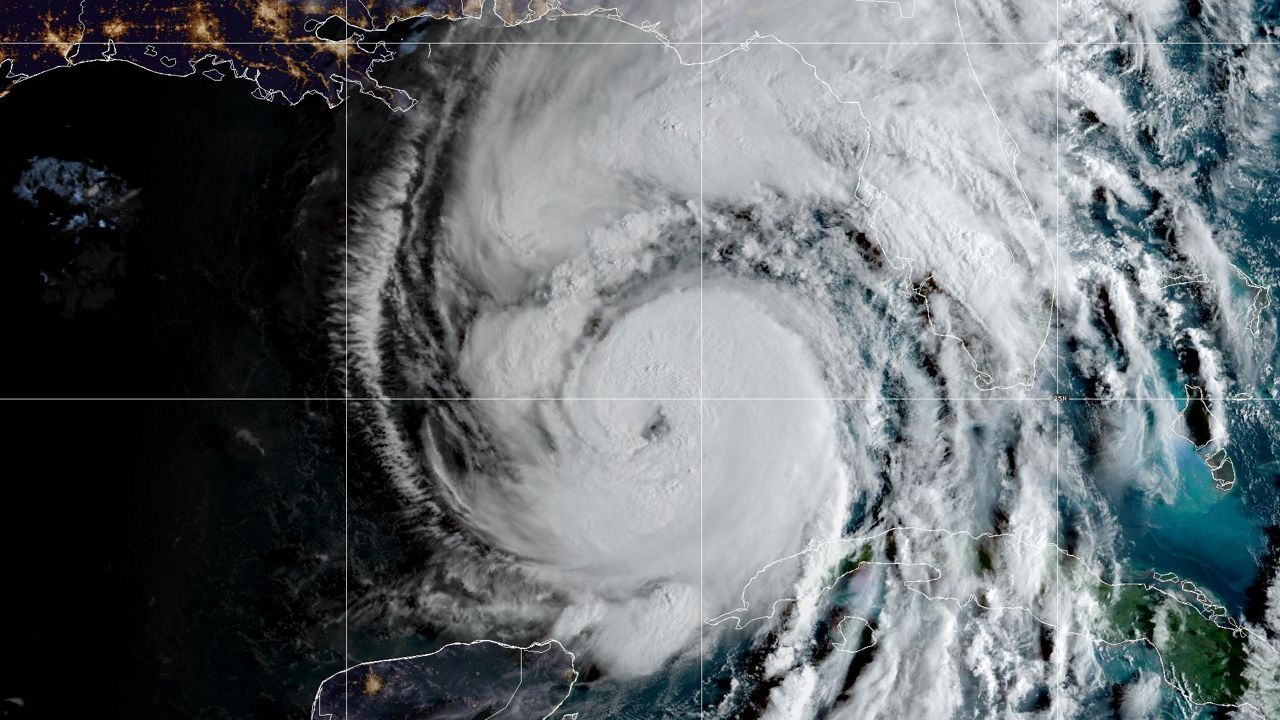ST. PETERSBURG, Fla. — A 25% tariff goes into effect on imported cars and parts April 3.
For places like Rubber City Tire & Auto Repair, that means a lot of the parts they use when fixing cars are going to get more expensive.
Cesar Grajales, the store owner, said they're ready for the tariffs.
"We're just going to sell better quality tires, which honestly, I'd rather do anyway," he said. "Less problems, less headache. Warranties are a lot easier to deal with an American company than somebody overseas."
Grajales said the imported tires they buy are cheaper than the American ones. However, once the tariffs kick in, he's expecting to see a shift.
Still, customers are thinking ahead with some unusual requests.
"Guy called me last week and said, 'Hey, I need six tires,'" Grajales said. "He said I want to beat the tariff increase. So I ordered him six tires. I told the guy you could just buy American-made tires. He's like, 'Yeah, they're a lot more money,' and in this case, his savings were substantial."
The good and bad of the tariffs weigh on Grajales' mind.
He wants everyone to benefit but says no matter the case, someone will be hurt.
"It's a double-edged sword," he said. "It's going to help a lot of companies, American-made companies, it's going to give them more business. However, some people that don't have quite the money, lower budget families that have less money to deal with, they might not be able to afford the more expensive parts, so it's going to be tougher on them."
The new tariffs could affect more than just the price of cars and parts.
Insurify estimates full coverage car insurance would increase by 8% by the end of this year due to the tariffs.
"Keep in mind that if you're carrying insurance, the costs of auto replacement and repair, the cost of construction materials, for example, the tariffs on steel and aluminum may ultimately end up in the insurance premium that you pay," David Snyder, American Property Casualty Insurance association Vice President said.
We also heard from the United Auto Workers regarding the tariffs. They said: "This is a long-overdue shift away from a harmful economic framework that has devastated the working class and driven a race to the bottom across borders in the auto industry. It signals a return to policies that prioritize the workers who build this country—rather than the greed of ruthless corporations."












